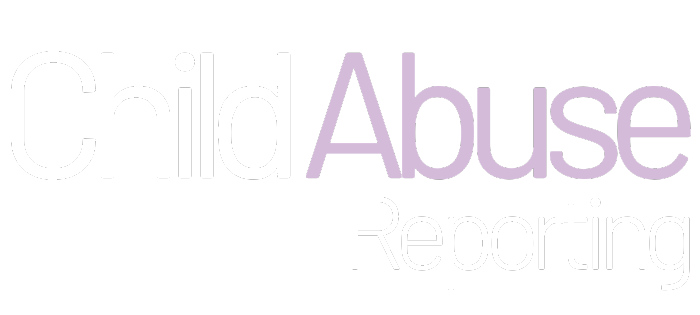CPS Working Through Crisis
Monroe County’s Department of Human Services and, specifically Child Protective Services, is at work during this coronavirus crisis, working to keep our children safe. If you have a reasonable suspicion that a child is being abused or neglected by their parent or care giver, please read more about making a report at our website here.
Baby Safe Sleep Coalition Vies to Keep Babies Safe as They Sleep
The statistic is startling: The leading preventable cause of death for infants between birth and their first birthday in Monroe County is accidental suffocation caused by an unsafe sleep environment. Each year in Monroe County, an average of 10 babies die in unsafe sleep accidents.
Those statistics sparked the formation of the Baby Safe Sleep Coalition, a group of like-minded human services agencies and individuals who have come together to advocate for safer sleeping environments for infants. Chaired by Susanne Van Strydonck, a retired child welfare administrator, and Dr. Joanne Cordaro, a pediatrician, the Coalition has tackled the tough job of reeducating the community about the dangers of many practices once considered integral to child rearing.
The Coalition likes to say that Safe Sleep is simple: a baby is safe when every time they sleep, they sleep alone in a crib, on their back, with no blankets, bumpers, pillows or toys.
But simple does not always mean easy. Research done by the coalition shows that parents of newborns often resort to unsafe sleep practices like sleeping in the same bed with their babies in moments of extreme exhaustion caused by the sleep deprivation common to parents of newborns. Likewise, the Coalition’s advice that cribs should be barren of everything except a tight-fitting sheet on a firm mattress seems foreign to many parents – and is often contrary to the advice given by grandparents.
“I’m a grandmother, and I can tell you it sometimes feels wrong at first,” said Sue VanStrydonck, one of the group’s co-chairs. “But once you understand what is at stake, putting anything in the crib with your baby feels so wrong. And it is.”
That same research, though, shows that the Coalition’s education efforts – which include brochures mailed with birth certificates, videos, a website and goodie bags delivered to new parents before they leave the hospital – seem to be working. Most parents of newborns are familiar with what safe sleeping involves, even if they don’t always practice it.
The next chapter for the Baby Safe Sleep Coalition will involve building stronger relationships with parents and with the communities where unsafe sleep deaths are most prevalent.
“We need to stop just telling parents what to do and so we are now engaging parents themselves in helping us to understand what it would take for them to practice safe sleep, VanStrydonck said. “There are so many factors that play a role in parental decision making about safe sleep: cultural, poverty, exhaustion, etc. We need to understand them better.”
Learn More about Baby Safe Sleep Coalition here.
Definition:
Neglect
Neglect occurs when a parent (or person legally responsible) fails to provide a minimum level of care by doing something that inflicts harm, allows harm to be inflicted, or creates an imminent danger of harm. The harm, however, does not result in the kind of serious physical injury that is defined as physical abuse.
In-Depth:
How Can I Help Prevent Child Abuse Before It Happens?
By state law, Child Protective Services (CPS) is responsible for the secondary prevention of child abuse and neglect. That’s because their legal authority to go into a home and investigate begins only when there is a reasonable suspicion that abuse or neglect has already happened. CPS’s role is to provide immediate protection of the child, if needed, and services to keep the abuse from happening again or getting worse.
Primary prevention means doing something to prevent child abuse and neglect before it happens. Many mandated reporters think the CPS Team provides primary prevention. This leads to many calls that can’t be registered and frustration for reporters and CPS staff alike.
As a health care provider, human service provider, educator, law enforcement officer, or child care provider, you are responsible for the primary prevention of child abuse or neglect. Even when your call can’t be registered, there is always something you can do to help the child and family.
Abuse or neglect are more likely to happen when families are under stress. In your professional role, you can help families reduce their stress and thus reduce the chance of abuse. Remember that in providing support to a parent, family member, or caregiver, you are providing primary prevention for the child. You can learn when and how to use materials or call in the many other resources in this community to help families and children. You can develop a working partnership with the CPS Team to enhance both primary and secondary prevention of child abuse and neglect in our community.
View all previous newsletters in the archive.

